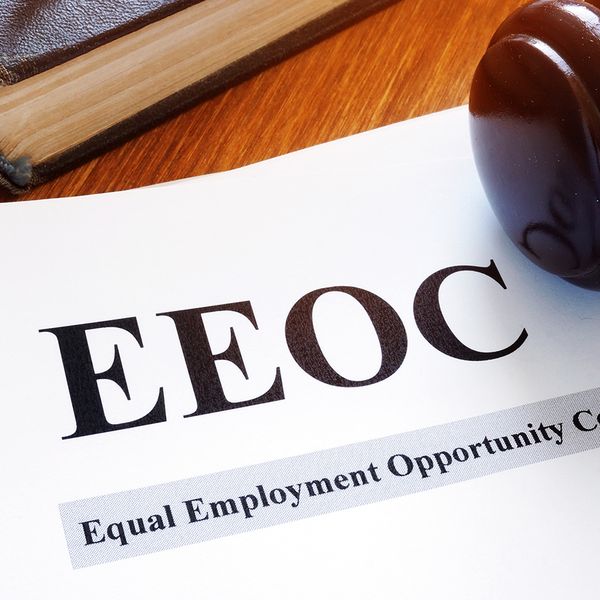HR Monthly Round Up - June 2024
Welcome, everyone! In the next few minutes, we’ll review the latest HR news. Let’s get started.
The day before the Pregnant Workers Fairness Act took effect on June 18, a federal judge granted employers in Louisiana and Mississippi a preliminary injunction, temporarily keeping them from having to comply with certain parts. Three days earlier, a federal judge in Arkansas dismissed a lawsuit that 17 states also had filed challenging the rule.
At issue in both cases is the part of the rule requiring employers to accommodate employees seeking elective abortions. Such accommodations often involve employee leave. The Equal Employment Opportunity Commission, the federal agency that oversees the rule, may not currently enforce that part for employers in Louisiana and Mississippi.
In other news, the Supreme Court made it more difficult for the National Labor Relations Board to force companies to bring back fired workers while the board conducts an investigation. The case, decided on June 13, involved seven coffee shop employees who invited a local television station to visit their store to report on their unionizing efforts.
The employees were fired for violating company policy. The board filed a petition requiring the coffee shop to bring back the employees while it determined whether the employer’s actions violated the National Labor Relations Act. The Supreme Court’s decision means the board will need to meet a tougher standard to allow it to make employers reinstate workers while it decides a case.
Moving on, employer wellness programs must be voluntary, or they risk violating the federal Americans with Disabilities Act. The ADA restricts when employers may require medical exams.
In a recent court case, an employer gave its wellness program participants a discount on group health care premiums if they participated in a biometric screening. For some, the discount was almost $1,800 per year.
Nonparticipants were denied the discount. To them, it felt like a penalty for not participating, so they sued.
The ADA does not define “voluntary,” but the court found that a previous decision had similar arguments. As a result, the court said a jury would need to decide if the wellness program was voluntary and allowed it to proceed to trial.
That’s all the HR news we have time for today. For more information on these topics, click the content links in the transcript below. Thanks for watching. See you next month!




















































